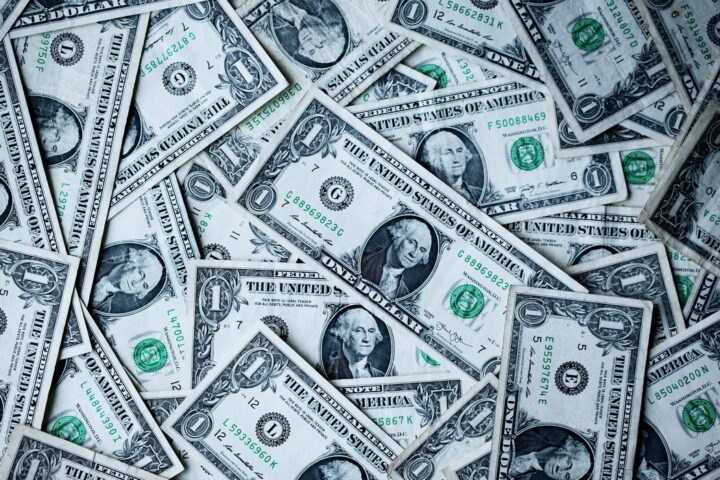Cyprus is witnessing its highest inflation rate, at nearly 9%, in the past four decades, while consumer associations fear that the worse is yet to come.
The news comes as the European Union announces a new set of sanctions on Russia, with stakeholders fearing a further increase in the price of goods.
According to the Cyprus Statistical Service, inflation jumped to 8.8% in April from 7.13% in March, with the largest changes recorded in electricity prices (39%), petroleum (32%) and agricultural products (18.3%).
This is the highest inflation hike recorded since February 1982, when inflation reached 9.1%.
In comments to the Stockwatch news site, the President of the Consumers’ Association, Marios Drousiotis, said that after Commission proposed sanctions on Russian crude oil, it increased by $5 per barrel.
He added that more issues could be created if an embargo on Russian crude oil imports is approved.
Drousiotis said this would depend on the outcome of consultations expected in the coming days to discuss and decide whether the embargo will be passed unanimously by all member states.
“If there is even one ‘no’, then the embargo will not be voted, while finding an agreement is possible.”
Asked if other increases will follow, Drousiotis replied that “everything is fluid” as his association has not formed a clear picture of the intentions of retailers.
He noted that any effort from authorities to push down or retain prices is more than welcome.
“Unfortunately, the forecast is that inflation will continue at least in May and June when we will see double-digit inflation.
According to the association’s estimates, fuel prices in Cyprus have risen significantly since the beginning of the year, with increases reaching €0.472 for 95-octane petrol per litre, €0.657 for diesel and €0.607 for heating oil.
The General Secretary of the Supermarkets Association, Andreas Hadjiadamou, told Stockwatch that there are no new price increases in goods yet, but they are likely to occur.
“Every time new sanctions are announced, a wave of increases in prices of various products is recorded, whether justified or not. This creates problems for consumers and businesses,” said Hadjiadamou.
He said that supermarkets had proven their willingness to absorb increases where possible.










